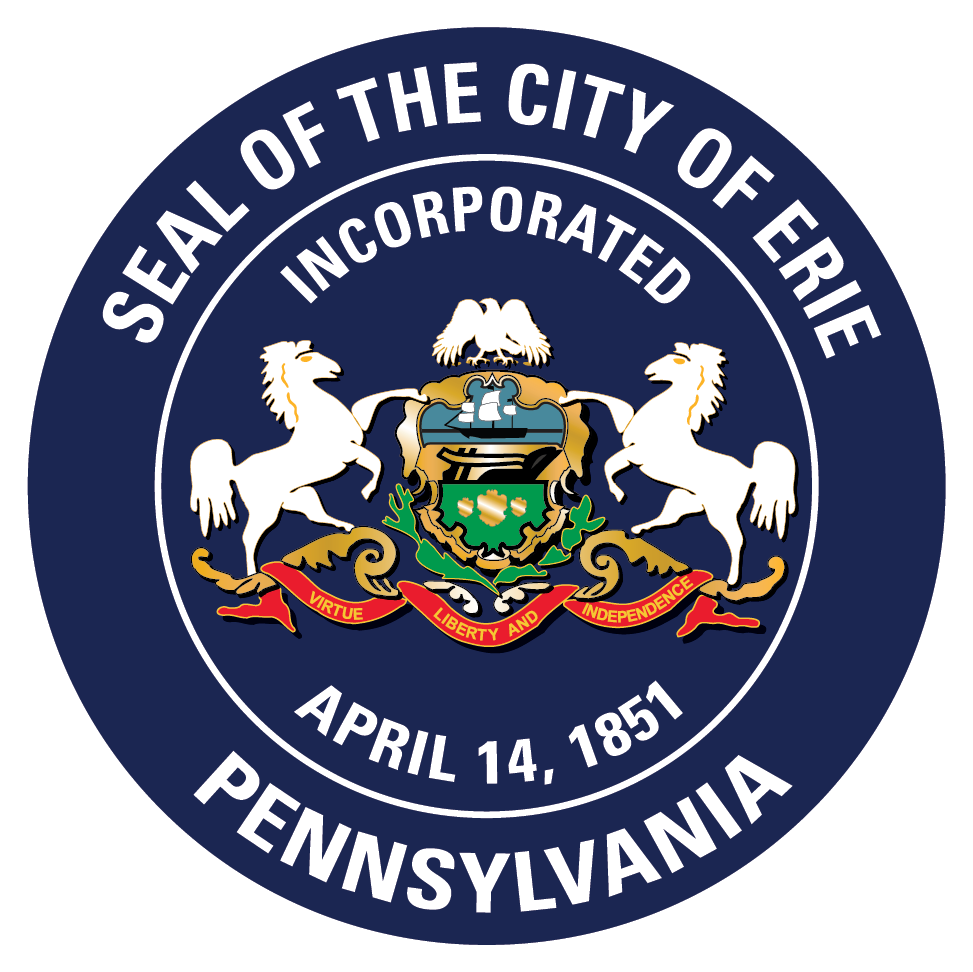The Holy Month of Ramadan: Iftar at the Erie Masjid
As sundown approached, families arrived at the Erie Masjid, 2419 Holland St., for a busy Saturday’s Iftar. Walking into the women’s section of the mosque was described to me as “organized chaos” as adults helped children take off their shoes. It was the beginning of Iftar, the daily breaking of the fast. Bottles of water, bowls of dates, and savory pastries called samosas were spread out, ready for the evening’s meal.
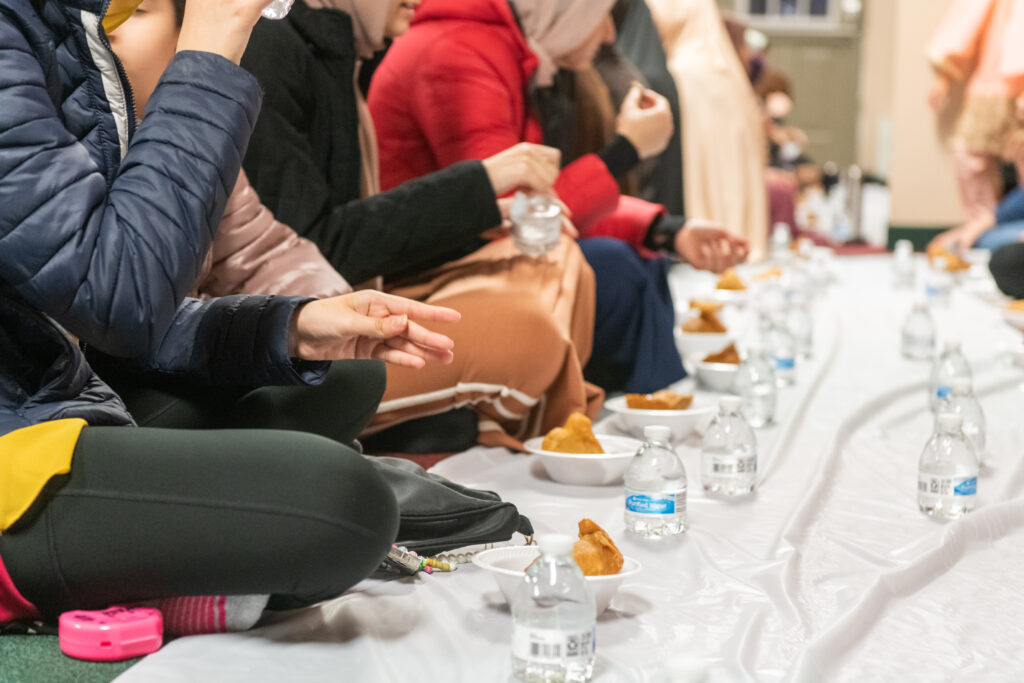
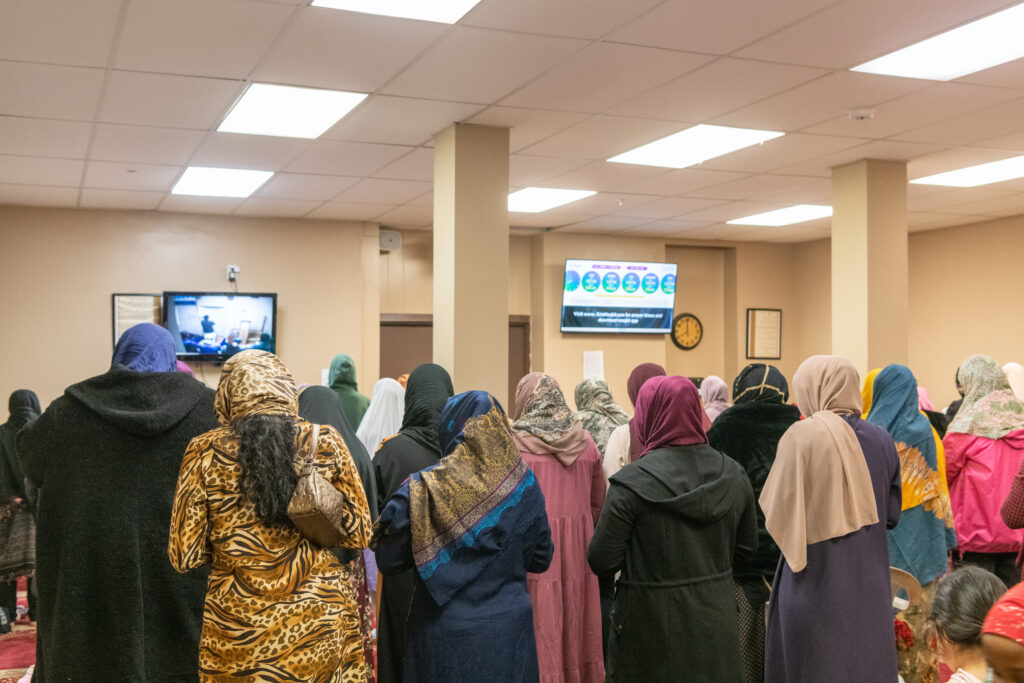
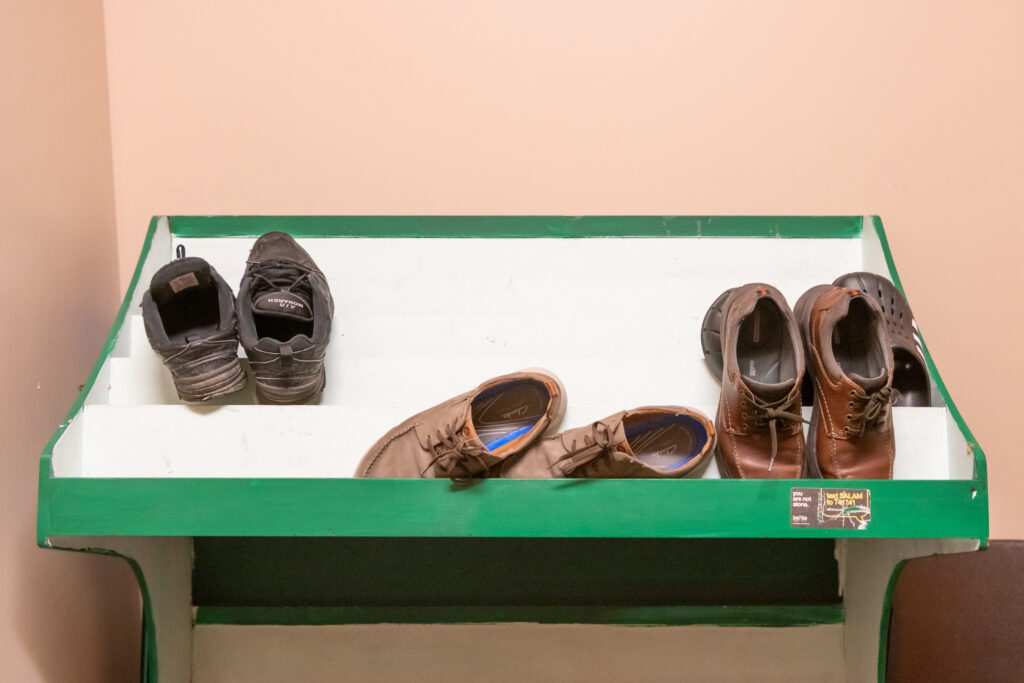
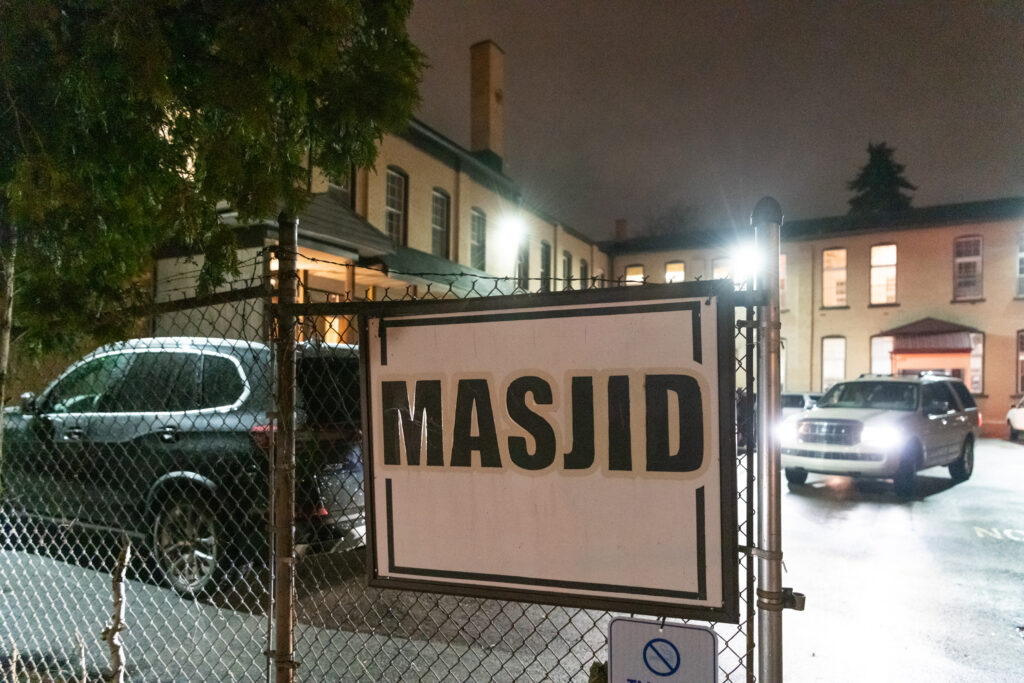
For Muslims around the world, March 23 marked the beginning of the ninth and most sacred month of the Islamic calendar, Ramadan. The month-long holiday arrives at a different time every year because it coincides with the lunar calendar and the phases of the moon, unlike the solar Gregorian calendar which most of the world follows. With the current length of each day, until April 20, our Muslim friends fast between 13 ½ to 15 hours from dawn until sundown.
Fasting is one of the five fundamental principles of Islam, along with prayer, the testimony of faith, charitable giving, and making pilgrimage to Mecca. The Qur’an, the religious text of Islam, says that observant Muslims should make at least one pilgrimage to Mecca, in Saudi Arabia, in their lifetime to show honor, obedience, and respect to Allah.
The sacrifices of Ramadan bring Muslims closer to God, and to their personal relationships.
“Faith is empathy, sacrifice, and bringing the sisterhood and brotherhood together,” said Dr. Ammarah Asad, 13-year resident of Erie and a board member of the Islamic Association of Erie and also serves as a member of the New American Council. “Ramadan brings everyone closer, including family and friends.”
There are other lessons for those who complete the Ramadan sacrifices.
“This month of fasting teaches patience, and understanding the struggles of those less fortunate,” said Zakaria Sharif, vice president of the Islamic Association of Erie and a member of the New American Council who has lived in Erie for 24 years. “It is also a time to give to charity and pray with communities.
Sharif attended the April 1 Iftar with sons Eliyas, 3, and Yasin, 5. Saturdays at the Masjid during Ramadan are more family oriented. On most weeknights people stop by after work without their children.
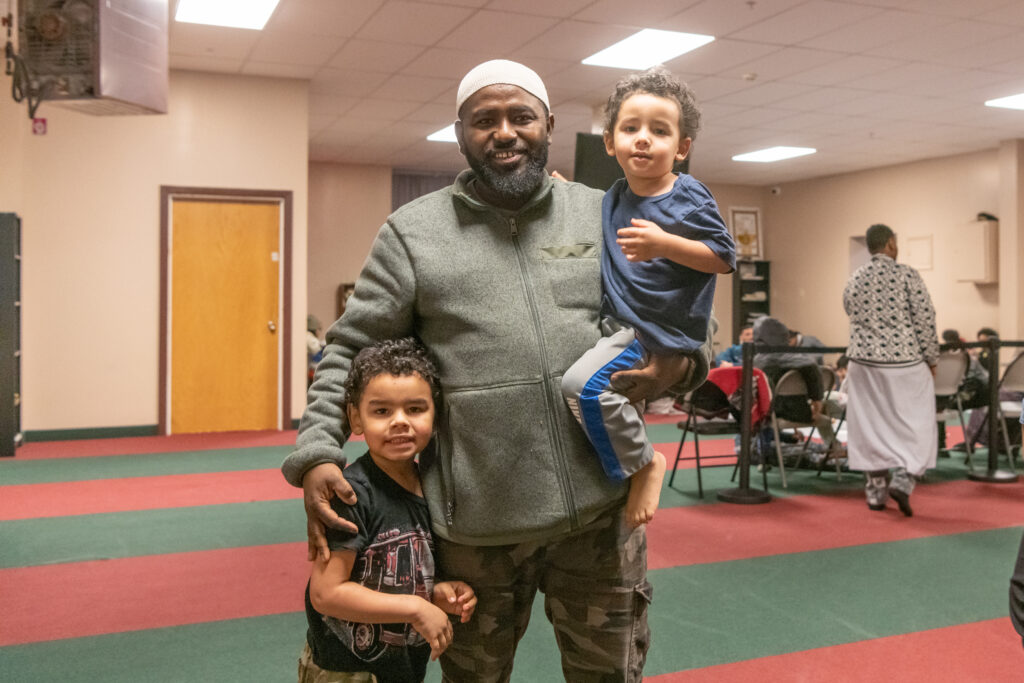
Maghreb is the prayer recited immediately preceding the breaking of the fast. Following Maghreb, the evening meal begins, which is called Iftar. The April 1 meal at the Erie Masjid was a communal affair, featuring foods popular from different regions of the world. The Pakistani food served at Iftar was catered from a halal restaurant. The dishes included mango lassi, a yogurt-based drink popular in India and South Asia; chicken curry, and chicken kabobs. Gulab jamun – a popular, sweet confectionery from India, Pakistan, and Nepal – was one of the featured desserts.
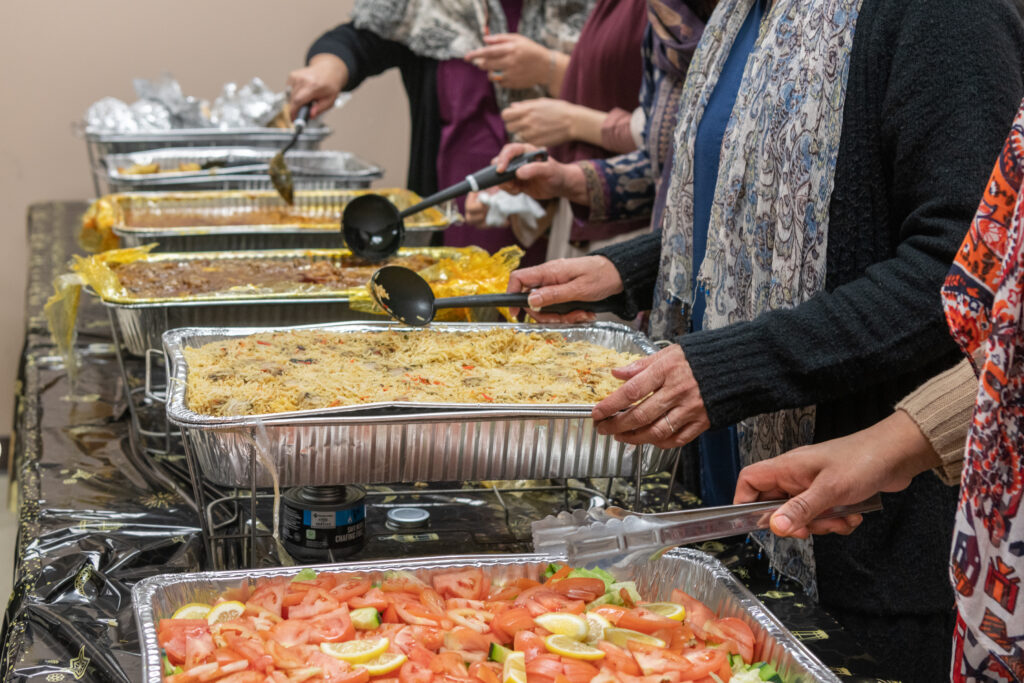
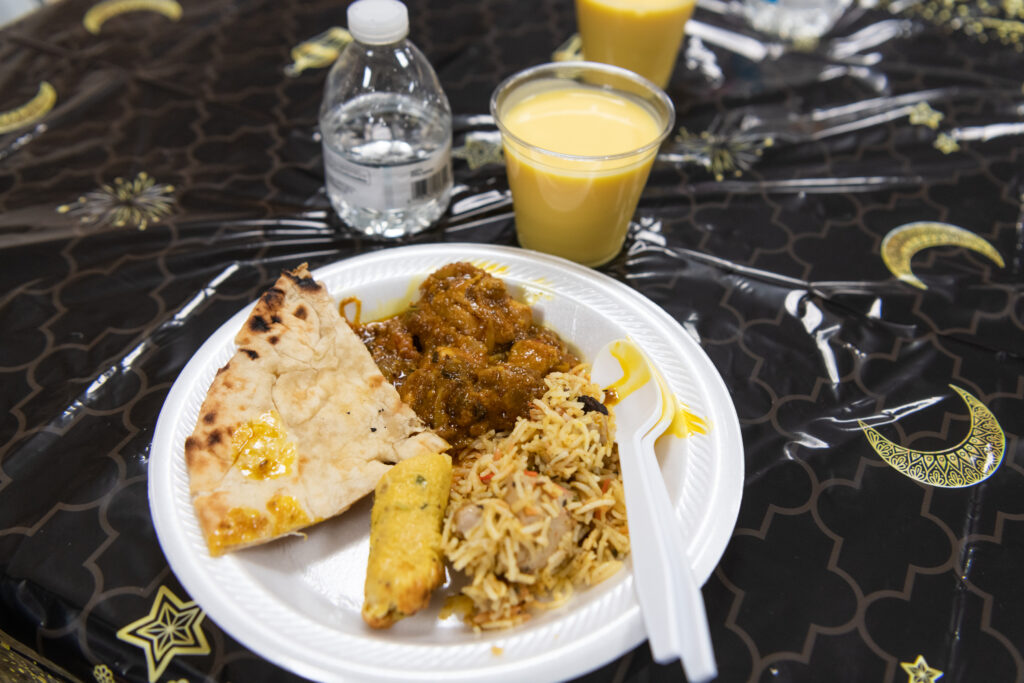
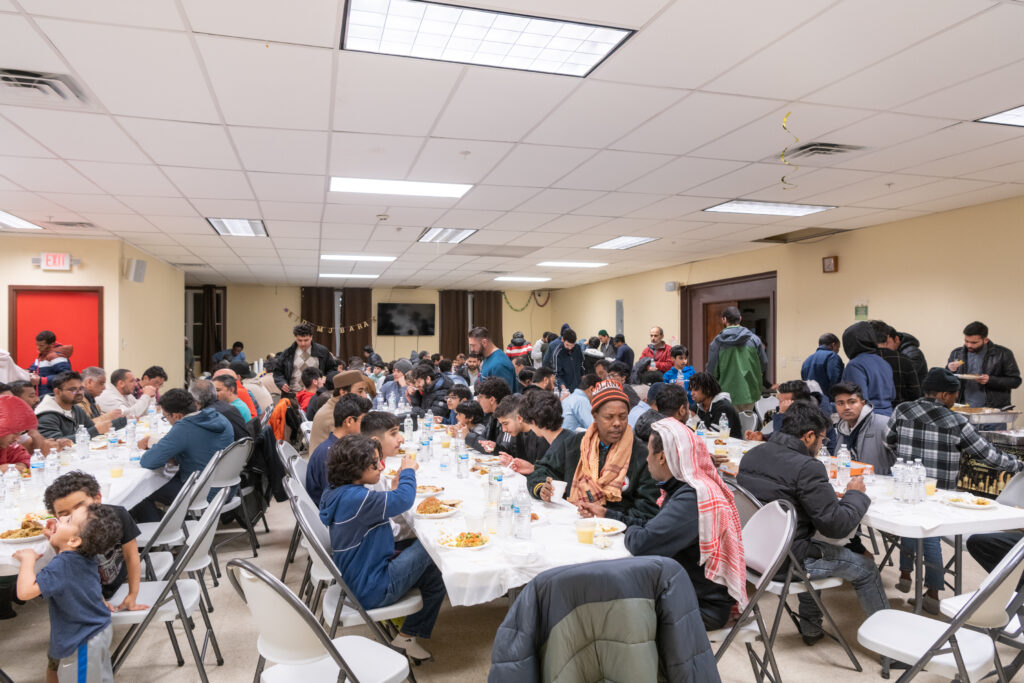
More “organized chaos” ensued as the evening dinner was cleared quickly to prepare for Isha, the next prayer of the evening. The Erie Masjid community welcomed me to share their experiences, stories, and faith. I would like to thank Niken Astari-Carpenter, New American liaison for the City of Erie, for hosting me at the event.
STORY AND PHOTOS BY MONICA Z. GUSTIN
More on Ramadan:
- If you’d like to visit the Erie Masjid, please visit eriemasjid.alminaret.com.
- Read personal observations about Ramadan from Niken Astari-Carpenter, New American liaison for the City of Erie.

